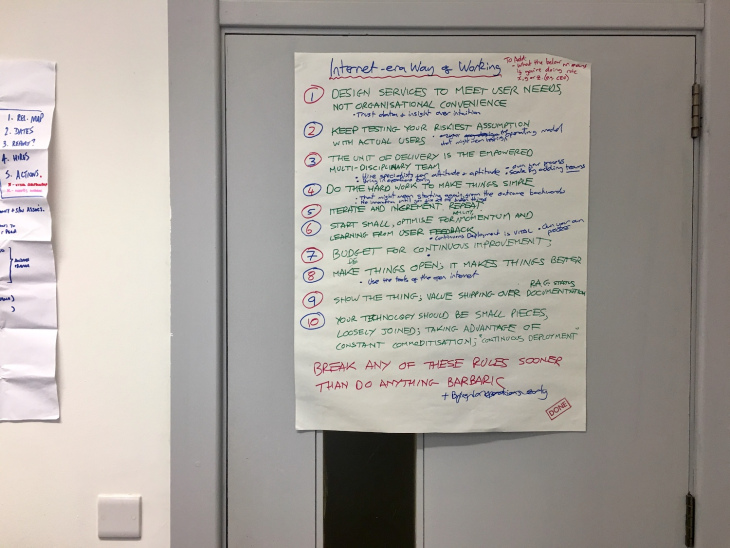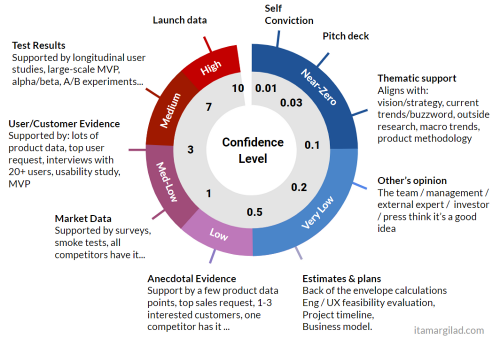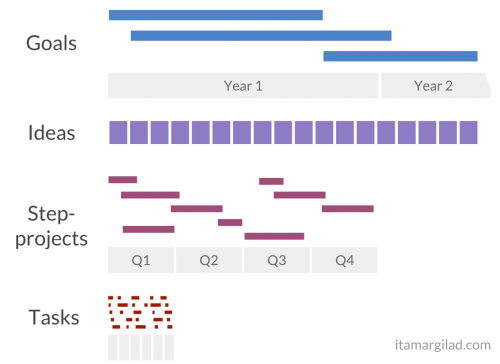
“Internet-era ways of working” is an excellent collection of points (somewhere between the design principles and TODO list items) on how to organize the work / business / project in the modern age. Some of these are obvious and well-known, others are a bit less so. Read the whole article for more details, but here are the main items:
- Design for user needs, not organisational convenience
- Test your riskiest assumptions with actual users
- The unit of delivery is the empowered, multidisciplinary team
- Do the hard work to make things simple
- Staying secure means building for resilience
- Recognise the duty of care you have to users, and to the data you hold about them
- Start small and optimise for iteration. Iterate, increment and repeat
- Make things open; it makes things better
- Fund product teams, not projects
- Display a bias towards small pieces of technology, loosely joined
- Treat data as infrastructure
- Digital is not just the online channel
I’ve been thinking a lot about this subject over the last few years. Some of the items above I practice almost religiously (7, 8, 9, 10). Some I think I do, but I’m not sure (2, 3, 4, 6, 11, 12). Some I’m still figuring out (1, 5, 11, 12). But overall, I think the article is insightful as much of this, even the most obvious parts, are quite difficult to put in words.


